With the high rainfall South Africa has been experiencing, producers have had to face a number of unexpected challenges. If we, as humans, struggle with seasonal challenges, imagine how our animals must feel – they are exposed to all the elements throughout the seasons. The big question is: How can producers help their animals resist infection during challenging times? What are the key elements of immune support in sheep?
Prevention is better than cure
This concept is certainly not new – crop producers know it well. You cannot effectively fight a disease in crops once it is there, but you can prevent it. Crop producers support their plants with all they need to prevent disease. Likewise, livestock producers need to do the same with their animals, but are we doing all that is needed?
Take the first step
The first line of defence when it comes to immune support in sheep is the practice of vaccination. The body is able to fight infections more efficiently when it has already been exposed to the disease in a safe and controlled manner.
Nutrition 101
Once the basics are covered by vaccination, we need to further support the immune system. We can do this by feeding animals to support their immune systems. The first basic rule to follow is to actually feed the animal, as undernutrition has a significantly negative effect on health and underfed animals will be more prone to disease. Having an animal that maintains a good body condition score is a battle half won.
The devil is in the detail
The last step to think about to drive this concept home is cellular immune support. For the body to be able to launch an immune response and actively produce antibodies, it needs micronutrients. Minerals play a very important role here, as they form part of many processes and structures in the immune system. Without adequate mineral availability, the body will not be able to properly fight diseases. Certain minerals should be highlighted, as they play an integral role in this process:
- Zinc is important for epithelial health. The epithelial layer (skin, lungs, intestinal tract) is the body’s first line of defence against infection. Supporting epithelial health will help the body to keep bacteria and viruses out.
- Copper plays a role in neutrophil health. Low levels of copper will suppress both humoral and cellmediated immunity processes.
- Manganese plays a role in the process whereby macrophages kill pathogens and help to heal wounds.
- Selenium has antioxidant properties that protect the body against inflammation when the body is fighting disease.
In conclusion
We face many seasonal changes over the coming months, and our animals will be challenged by disease and infection. Producers should therefore give their animals the best support possible. Make sure you vaccinate, provide enough feed and feed the right minerals to get animals through the challenging times. Remember, prevention is the best cure.
Read more on this topic in feedlot animals in these articles by Dr Chris Ashworth at Zinpro, entitled:
- How Cattle Respiratory Diseases Respond to Organic Trace Mineral Supplements
- Maximizing Beef Cattle Immune Response with Vaccines
You can download the original article in English, as published in the July 2022 issue of Stockfarm here, or in Afrikaans, as published in the July 2022 issue of Veeplaas here.
Anri Strauss is a scientific adviser in the ruminant team at Chemuniqué, holding a master’s degree in nutrition from the University of Pretoria. She grew up on a farm and still lives in the Free State, where she and her husband also farm with Boer goats.
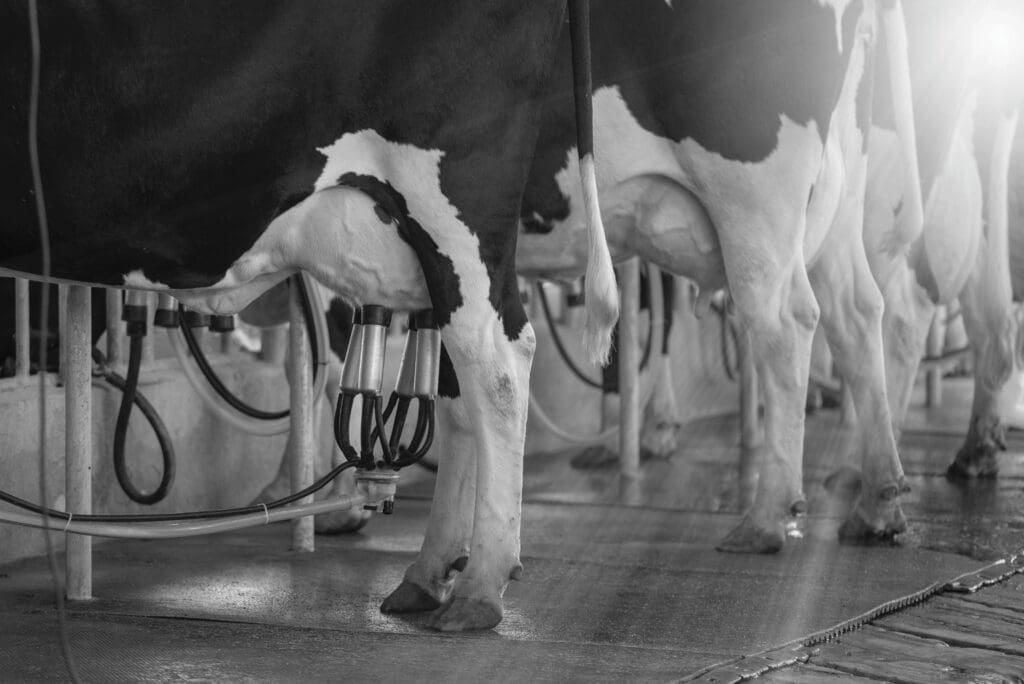


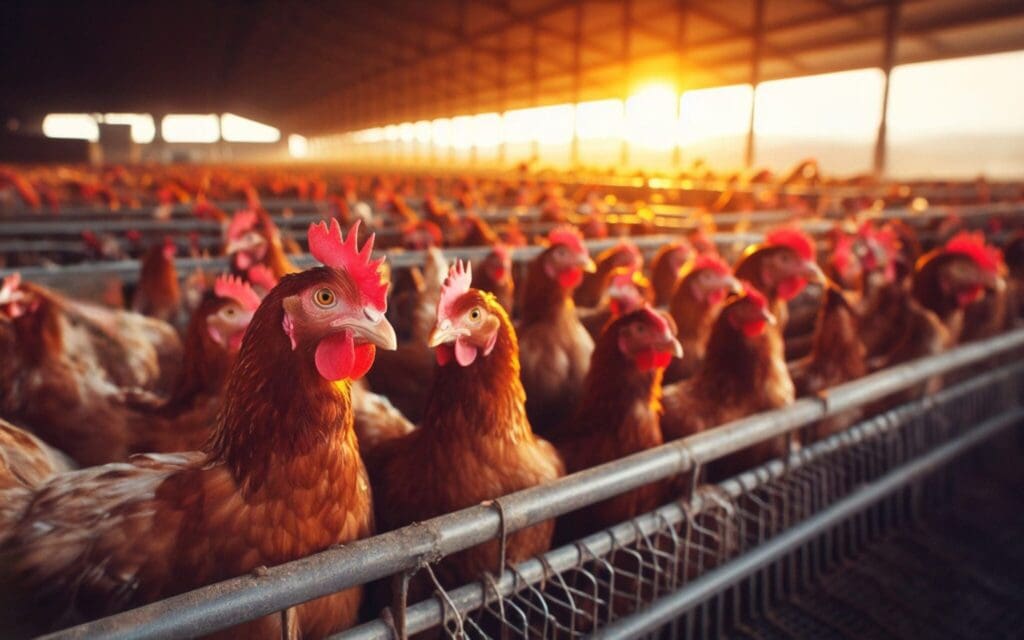
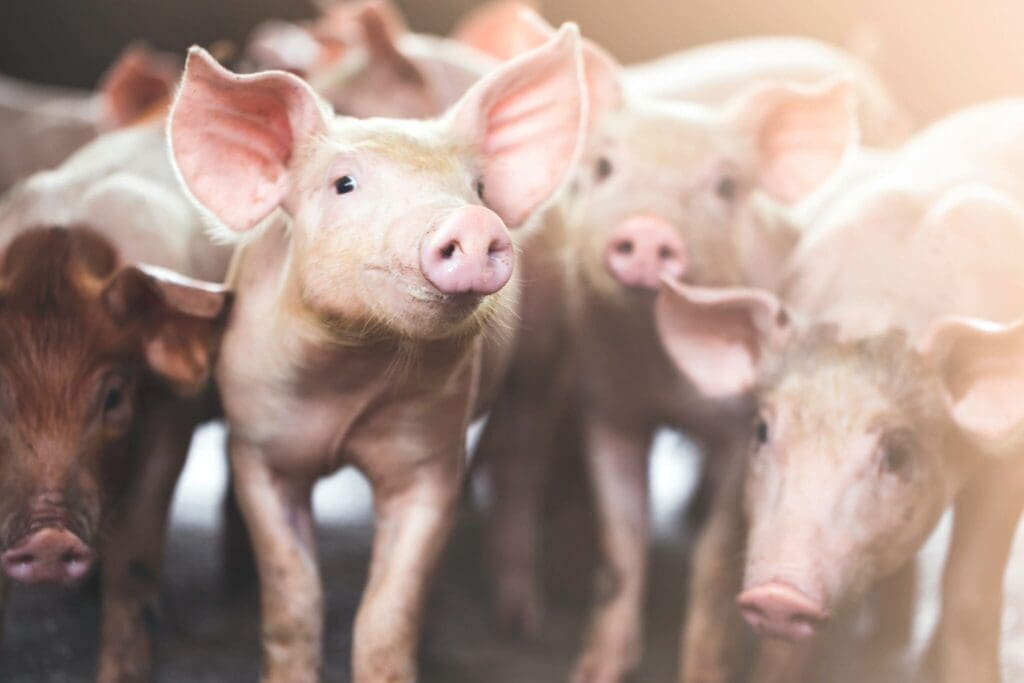
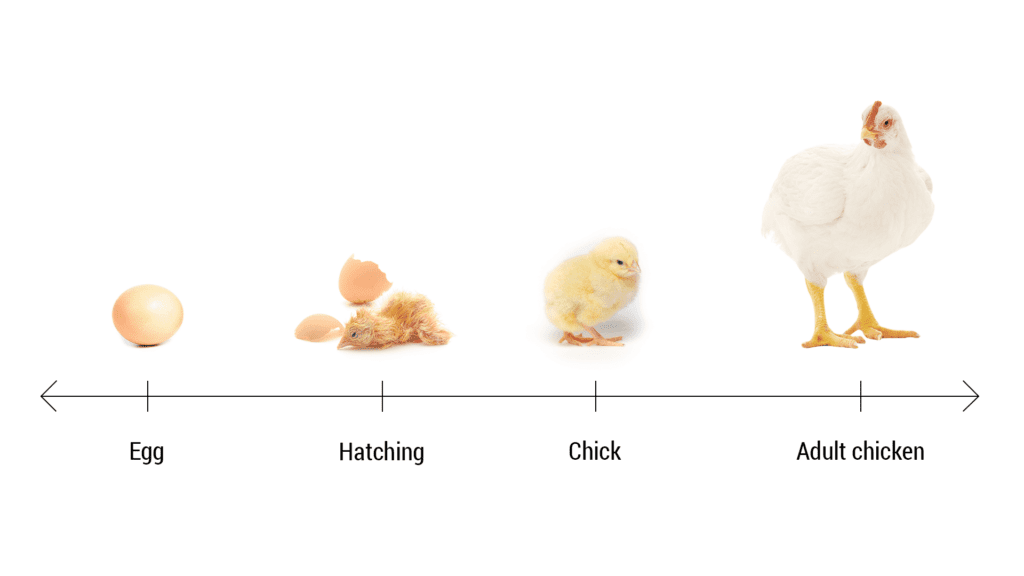

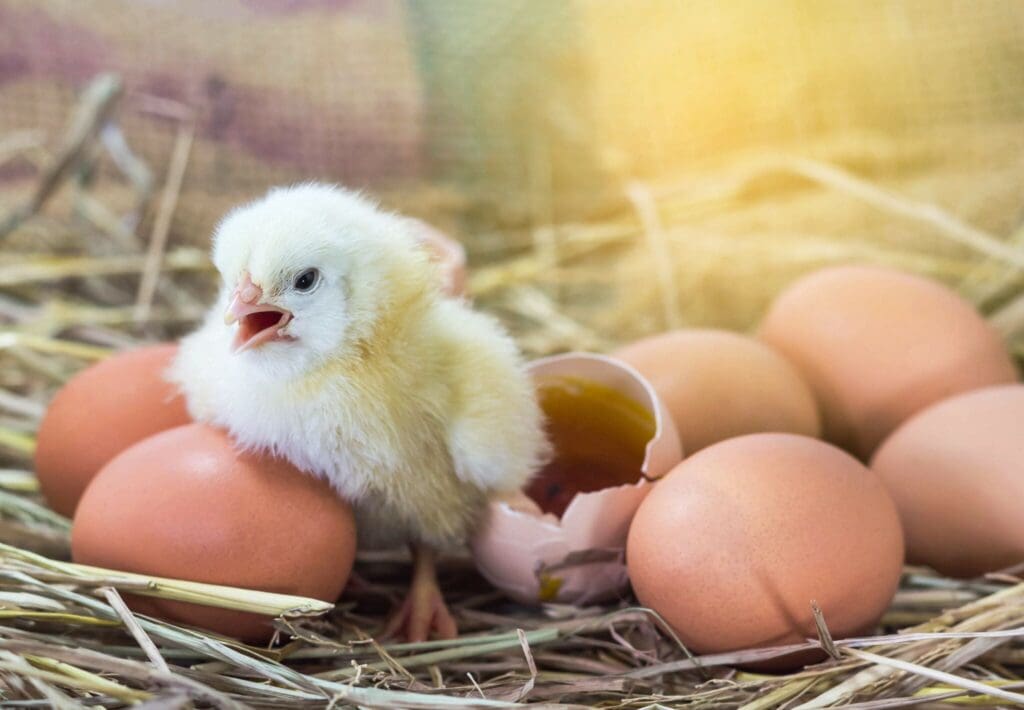

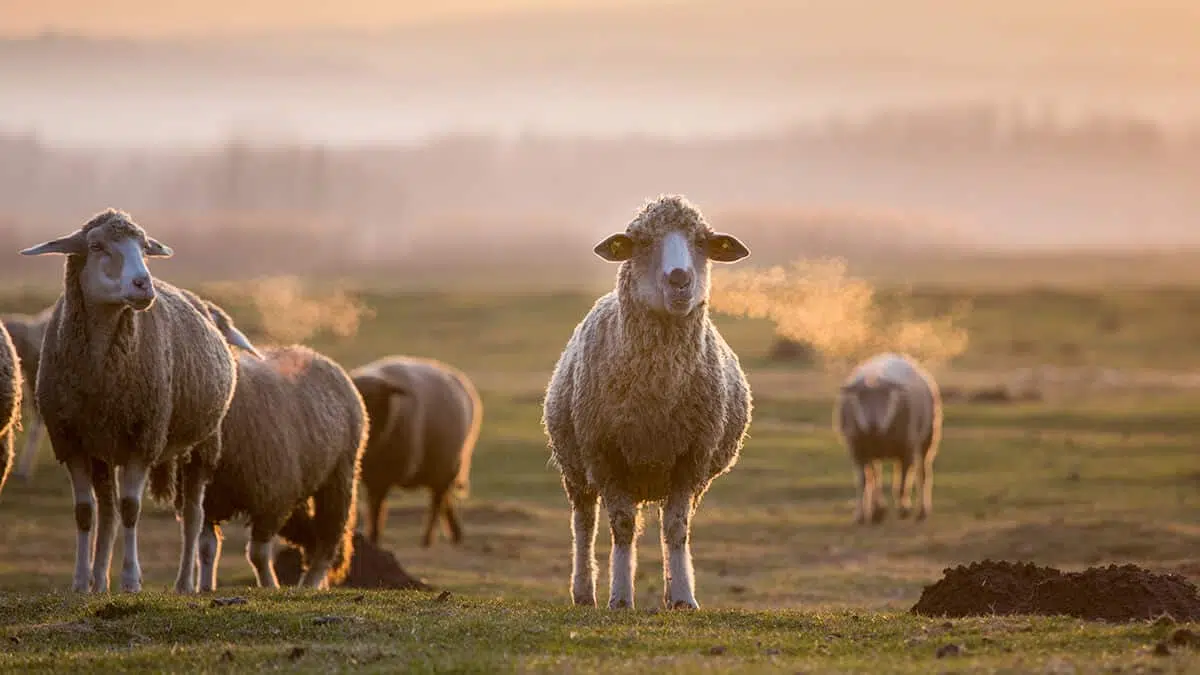

Nice article, Anri. We can change the word sheep to people and virtually everythng else is relevant and accurate!